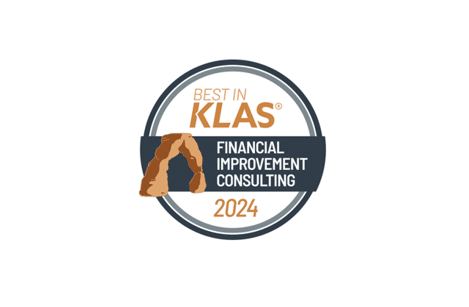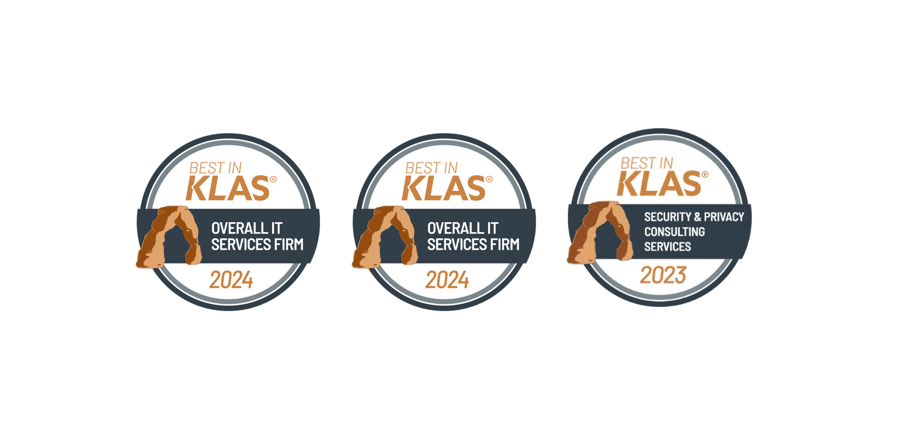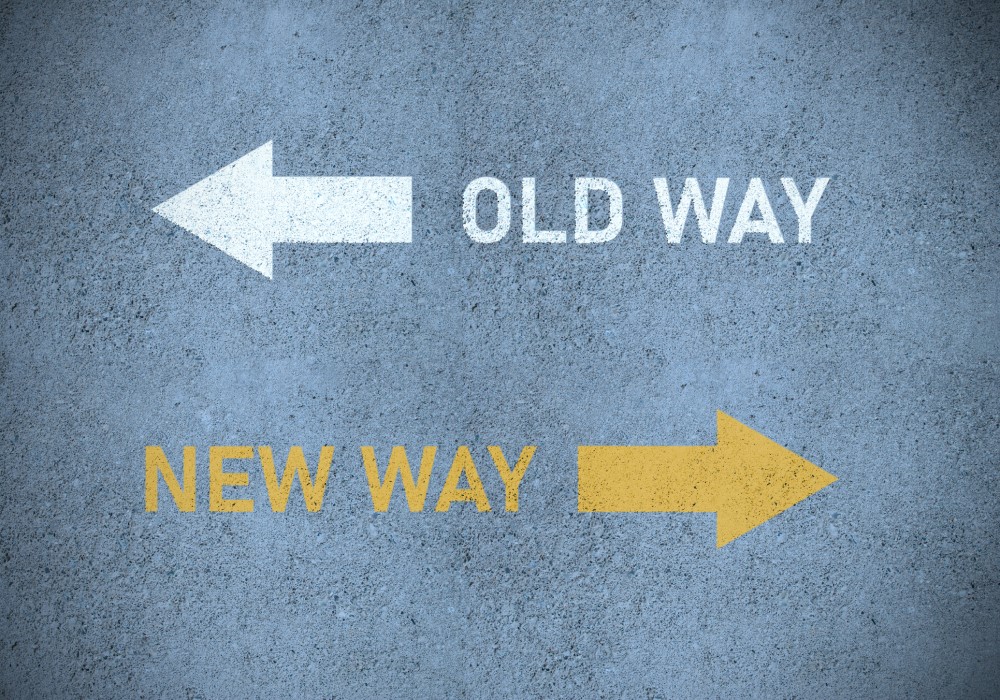Employee Motivation: Are Your Employees Motivated in a Crisis?

Often when things go wrong, the first emotion we encounter is fear. In cultures where fear is also a primary tool for motivation, there are three common reactions when faced with a problem:
- Can I fix it without anyone noticing?
- Can I blame it on someone else?
- Can I hide it from everyone and either hope it goes away or someone else discovers it?
It’s obvious that none of these three reactions mitigate or resolve the problem.
We often use the analogy, “the carrot or the stick” to explain how to best motivate people- the process of deciding whether an enticement of reward or the fear of punishments would result in a desired behavior. This leads us to believe there are only two ways in which to manage people. There are, in fact, five means to motivate employees: force, fear, reward, duty and love.
Let’s briefly explore each of these means before we continue to answer our question on how we can best shape our employee’s reaction in a crisis.
Force: Motivation by force is one of the most powerful motivators. If threatened with a weapon, it’s easy to get compliance. Unfortunately, force is also the least persistent motivator. Once the force is removed, there is no lasting motive to comply. Additionally, the use of force as a motivator has the highest potential for HR issues in the workplace.
Fear (the stick): We briefly explored fear in the example above. Fear is a motivator used by ineffective managers, but is all too common in the workplace. Threats of punishment or loss of one’s job as a motivator can lead to compliance, but they will never lead to excellence. Compliance via fear leads to mediocrity. Subversive cultures of unhealthy competition, backbiting, passive aggressiveness, and blame run rampant in a fear-driven culture. The best talent is often lost and the rest of the staff fall into complacency, an environment where no one looks to stand out lest he/she be isolated and banished from the group dynamics.
Reward (the carrot): Rewards are not all bad; they can be a healthy source of motivation. Rewards can be monetary, something tangible, group recognition, or simply a heart-felt thank you. Often, we jump to monetary or physical prizes when we think of rewards. The most powerful rewards do not need to cost a lot; in fact, they can be free. Rewards are about providing a positive feeling for the recipient. Rewards should maintain their sense of specialness. If a reward becomes expected, it loses its value and can lead to entitlement.
This bring us back to the “carrot or the stick” approach; motivation by reward or motivation by fear. But what if we explore a couple more options? Intrigued? Please read on…
Duty: This is the feeling of honor; to do the right thing. We can create a workplace where duty is a motivator in two ways: by creating a just and fair environment and also by knowing the downstream effects or humanistic “why’s” related to what we “do”. We don’t need to be so idealistic to say that everything in life should be fair – that is unachievable because the relationships between manager and employee are two-way streets. But, what we can do is listen to all sides of a story, really listen, before weighing judgement. We can treat all employees with the same level of respect and courtesy by offering equal opportunity based on effort.
With regard to the “why” statement, if we want people to be motivated by our words or to take on our crusades as their own, we must be willing to share our own motivation behind the requests. Knowing “why” we do things is a much more emotional element than “what” we need to do or even “how” we need to do it. In healthcare, the reason “why” we do things is most often brought down to the good or safety of the patient. I don’t care if you sweep the floors, keep the servers running, configure the EMR or directly administer care to the patient; we are all there to ensure the patient that chose to walk through our doors is cared for in a way that is respectful, safe and provides him/her the best chance of recovery and continued health.
Love: We’ve all done some crazy things in the name of love in our personal lives. Can the same be translated to the office? In a way, yes. Family is and always should be our first priority. Meaningful work can be a close second. Love at work is about a perceived sense of belonging; being part of something bigger than yourself. Where duty is a personal sense of commitment to doing the right thing, business love is doing the right thing, not for your personal benefit, but because it is what’s best for the company or department. Is this achievable? Absolutely. Employees will feel comfortable and take pride in where they work when a constructive and education-based workplace where support, trust and transparency are the norms.
So, to circle back, how will your employees react to crisis in the workplace? Will it be in a way that focuses on reward, duty and love?
In a healthy, learning-based culture, when things go wrong, the first reaction is to alert those affected by the issue. Next, we focus on mobilizing the teams needed to mitigate and resolve the issue. Information and ideas are shared openly to explore and find a resolution quickly. Only after the issue is resolved, will the cause be investigated. That investigation is not for the purpose of finding out who to blame, but instead to learn how to prevent the issue from happening again in the future.
A good culture takes hard work. A great culture takes hard work and an ongoing dedication to gathering input for improvements through transparent communication. Culture shaping has long taken a backseat to skills and technology. While technology continues to improve, it also continues to become more standardized and easier to implement or use. Skills can be taught through standard learning. Great leadership and a culture, where top talent thrives, is the next big target to drive innovation and competitive success.
























